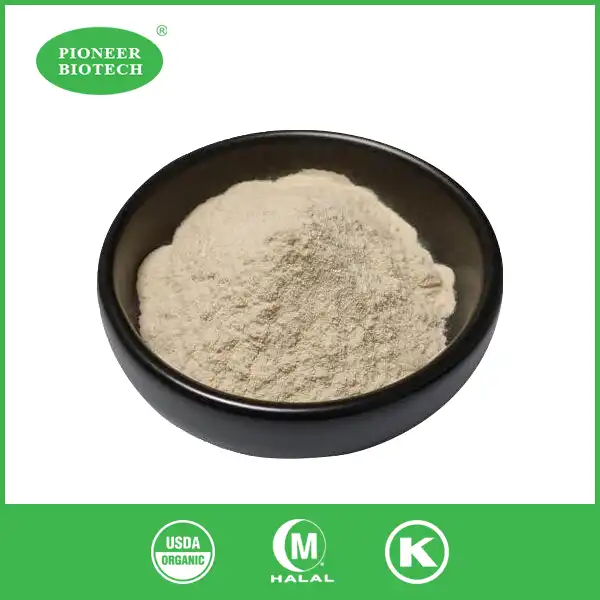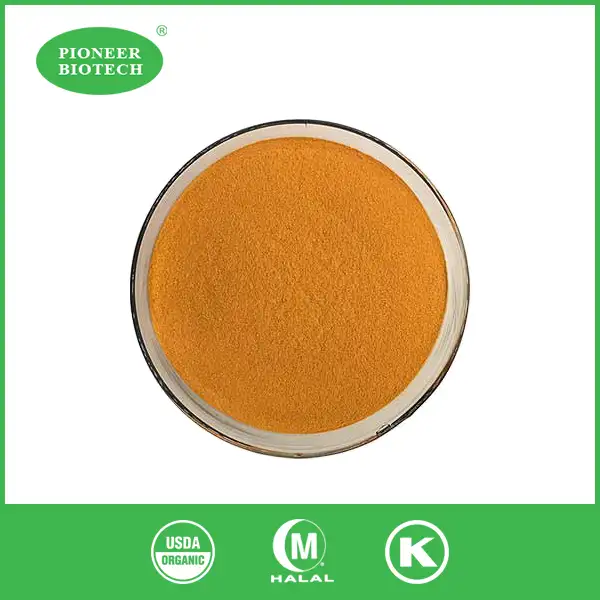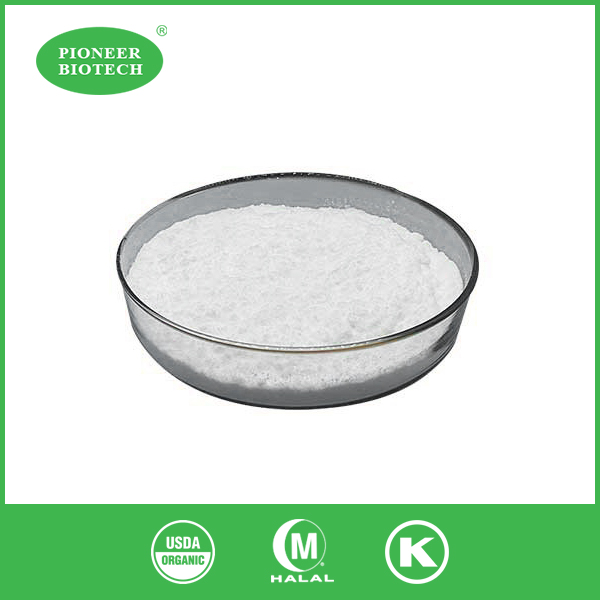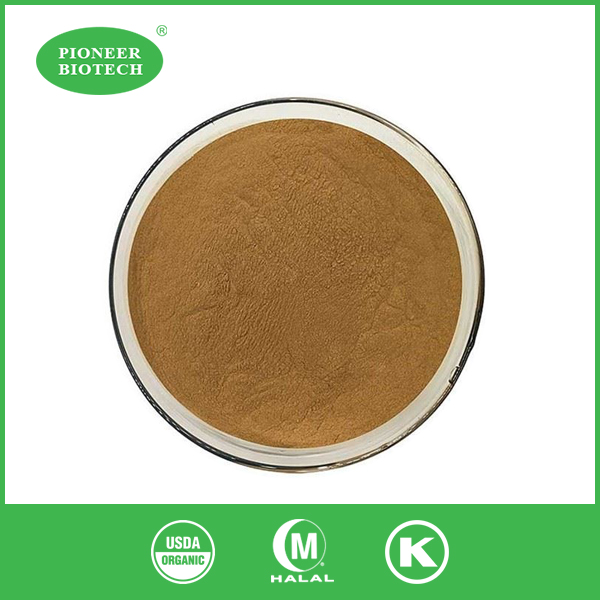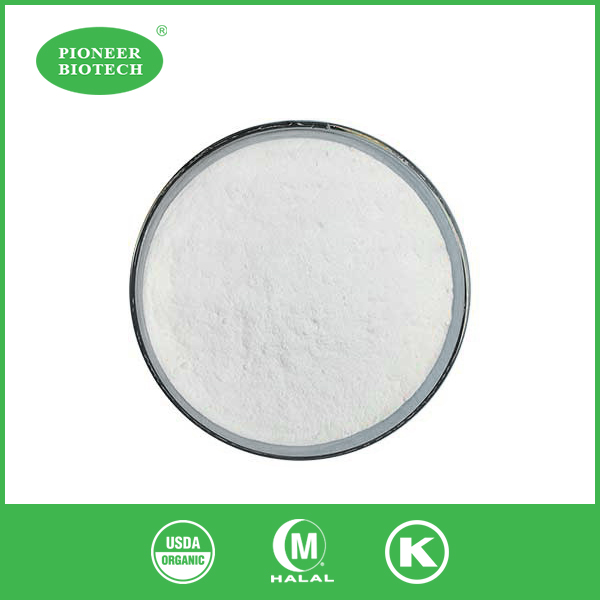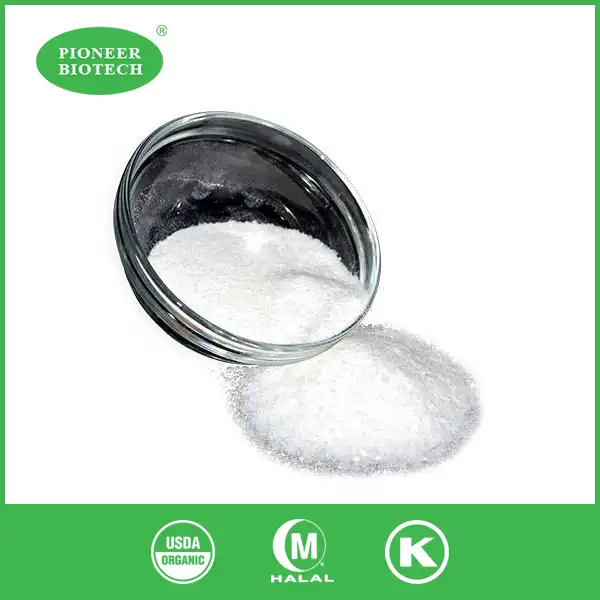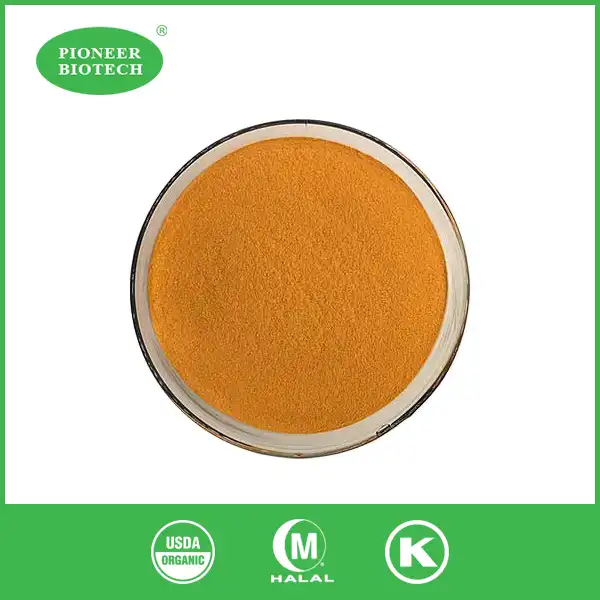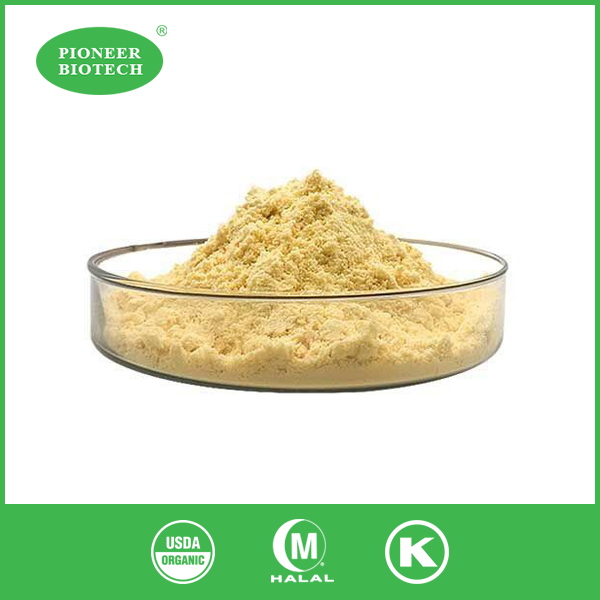Can lactose intolerant people have galacto oligosaccharides?
For individuals with lactose intolerance, navigating the world of dairy products and their derivatives can be challenging. One particular group of compounds that often raises questions is galacto-oligosaccharides (GOS). These complex carbohydrates are found in various foods and are increasingly used as prebiotics in dietary supplements. But can lactose intolerant people safely consume galacto-oligosaccharides? Let's delve into this topic and explore the relationship between lactose intolerance and GOS.
Can Lactose Intolerant Individuals Digest Galacto Oligosaccharides?
To understand whether lactose intolerant people can digest galacto-oligosaccharides, it's crucial to first grasp the difference between lactose and GOS. Lactose is a disaccharide found in milk and dairy products, composed of glucose and galactose. People with lactose intolerance lack sufficient amounts of the enzyme lactase, which is necessary to break down lactose in the small intestine.
Galacto-oligosaccharides, on the other hand, are complex carbohydrates consisting of chains of galactose molecules with a terminal glucose unit. While they contain galactose, which is also present in lactose, the structure and digestive process of GOS differ significantly from that of lactose.
Interestingly, most lactose intolerant individuals can digest galacto-oligosaccharides without experiencing the typical symptoms associated with lactose consumption. This is because GOS are not broken down by lactase, the enzyme deficient in lactose intolerant people. Instead, GOS pass through the small intestine undigested and reach the large intestine, where they serve as a food source for beneficial gut bacteria.
The ability of lactose intolerant individuals to tolerate GOS is due to the distinct metabolic pathways involved in processing these compounds. While lactose requires lactase for digestion, GOS are fermented by gut bacteria in the colon, bypassing the need for lactase altogether.
How Do Galacto Oligosaccharides Affect Lactose Intolerance?
Galacto-oligosaccharides not only can be tolerated by most lactose intolerant individuals, but they may also offer potential benefits for managing lactose intolerance. Research has shown that regular consumption of GOS can have a positive impact on the gut microbiome, potentially alleviating some of the symptoms associated with lactose intolerance.
One of the ways GOS affects lactose intolerance is by promoting the growth of beneficial bacteria in the gut, particularly Bifidobacteria. These bacteria play a crucial role in maintaining gut health and have been shown to produce their own lactase enzyme. By fostering a healthier gut microbiome, GOS may indirectly enhance lactose digestion over time.
Moreover, the fermentation of GOS by gut bacteria produces short-chain fatty acids (SCFAs), which have numerous health benefits. SCFAs can improve gut barrier function, reduce inflammation, and enhance mineral absorption. For lactose intolerant individuals, these effects may contribute to better overall digestive health and potentially increase tolerance to small amounts of lactose.
It's worth noting that while GOS can be beneficial, they should not be considered a cure for lactose intolerance. The underlying enzyme deficiency remains, and individuals with severe lactose intolerance should still exercise caution when consuming dairy products. However, incorporating GOS into the diet may help improve overall gut health and potentially increase lactose tolerance to some degree.
Are There Any Side Effects of Galacto Oligosaccharides for Lactose Intolerant People?
While galacto-oligosaccharides are generally well-tolerated by lactose intolerant individuals, it's important to be aware of potential side effects. As with any dietary change, some people may experience temporary digestive discomfort when introducing GOS into their diet.
The most common side effects associated with GOS consumption include:
- Bloating
- Gas
- Abdominal discomfort
- Changes in bowel movements
These side effects are typically mild and transient, occurring as the gut microbiome adjusts to the new food source. For most people, these symptoms subside within a few days to weeks of regular GOS consumption. However, individuals with sensitive digestive systems or those with pre-existing gastrointestinal conditions may need to introduce GOS more gradually to minimize discomfort.
It's crucial to distinguish between the side effects of GOS and symptoms of lactose intolerance. While both may cause similar digestive discomfort, the underlying mechanisms are different. Lactose intolerance symptoms occur due to the inability to digest lactose, whereas GOS side effects are typically a result of increased fermentation activity in the gut.
To minimize potential side effects, lactose intolerant individuals interested in incorporating GOS into their diet should consider the following strategies:
- Start with small amounts: Begin with a low dose of GOS and gradually increase over time to allow your gut to adjust.
- Stay hydrated: Drinking plenty of water can help alleviate bloating and promote regular bowel movements.
- Monitor your response: Keep track of any symptoms and adjust your intake accordingly.
- Consult a healthcare professional: If you have concerns or persistent side effects, seek advice from a doctor or registered dietitian.
It's worth noting that while rare, some individuals may have a genuine intolerance or sensitivity to galacto-oligosaccharides. In such cases, it's best to avoid GOS and explore alternative prebiotic options under the guidance of a healthcare professional.
Conclusion
In conclusion, most lactose intolerant individuals can safely consume galacto-oligosaccharides without experiencing the typical symptoms associated with lactose consumption. GOS may even offer potential benefits for gut health and possibly improve lactose tolerance over time. However, as with any dietary change, it's important to introduce GOS gradually and monitor your body's response. If you're considering adding GOS to your diet, consulting with a healthcare professional can help ensure it's the right choice for your individual needs. If you want to get more information about this product, you can contact us at sales@pioneerbiotech.com.
References
1. Smith, J. A., et al. (2019). "Galacto-oligosaccharides and Lactose Intolerance: A Comprehensive Review." Journal of Functional Foods, 52, 123-135.
2. Johnson, M. K., & Brown, L. E. (2020). "The Role of Prebiotics in Managing Lactose Intolerance." Nutrition Reviews, 78(6), 429-440.
3. Garcia-Perez, V. E., et al. (2021). "Galacto-oligosaccharides: From Chemistry to Functional Properties." Carbohydrate Polymers, 261, 117932.
4. Thompson, R. S., & Davis, C. M. (2018). "Effects of Galacto-oligosaccharides on the Gut Microbiome in Lactose Intolerant Individuals." Gut Microbes, 9(3), 230-242.
5. Lee, Y. H., et al. (2022). "Prebiotic Galacto-oligosaccharides and Gut Health: A Systematic Review." Frontiers in Nutrition, 9, 834727.
6. Wilson, B., & Whelan, K. (2017). "Prebiotic Inulin-type Fructans and Galacto-oligosaccharides: Definition, Specificity, Function, and Application in Gastrointestinal Disorders." Journal of Gastroenterology and Hepatology, 32(S1), 64-68.



